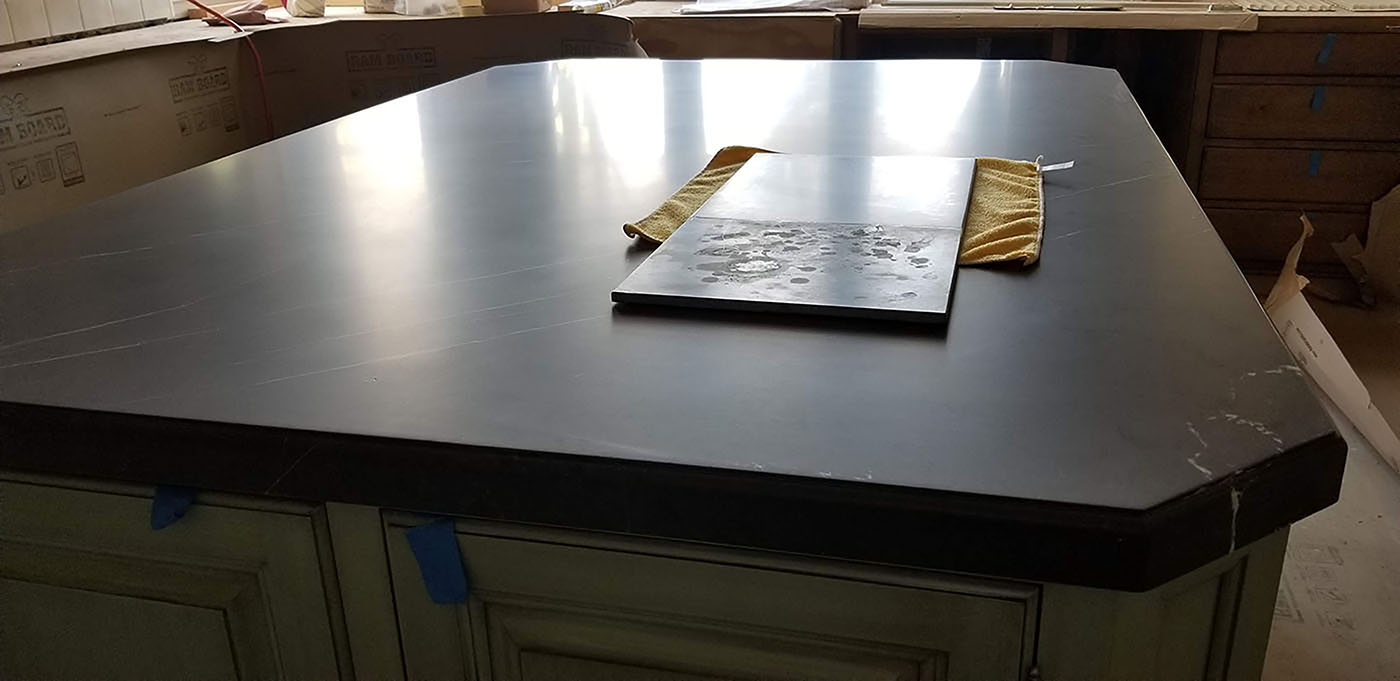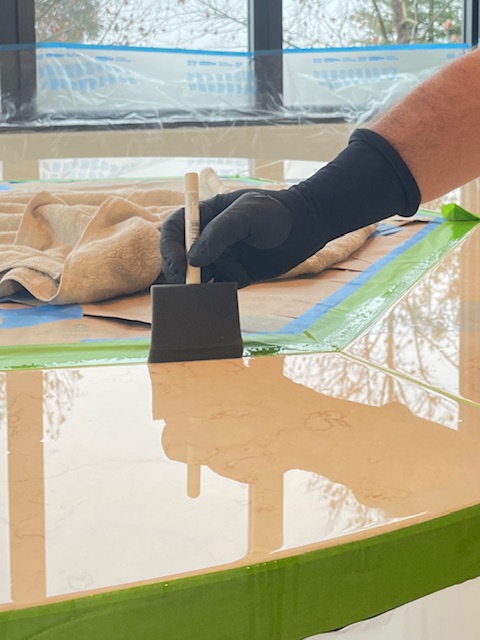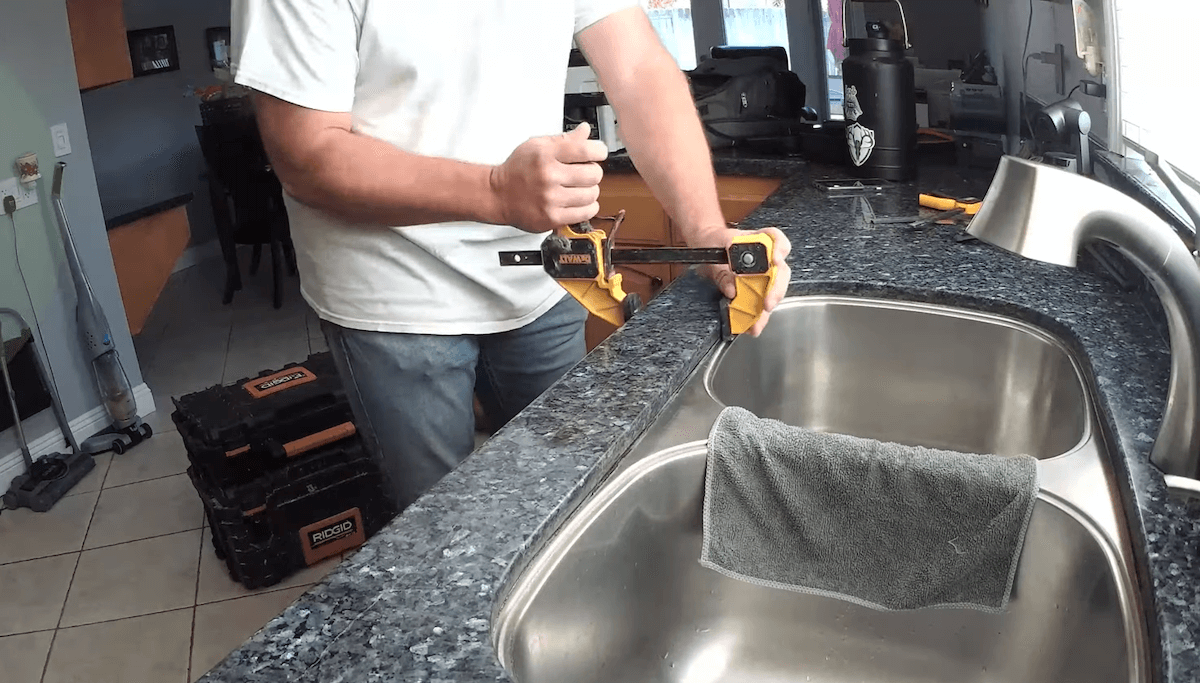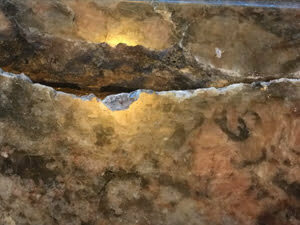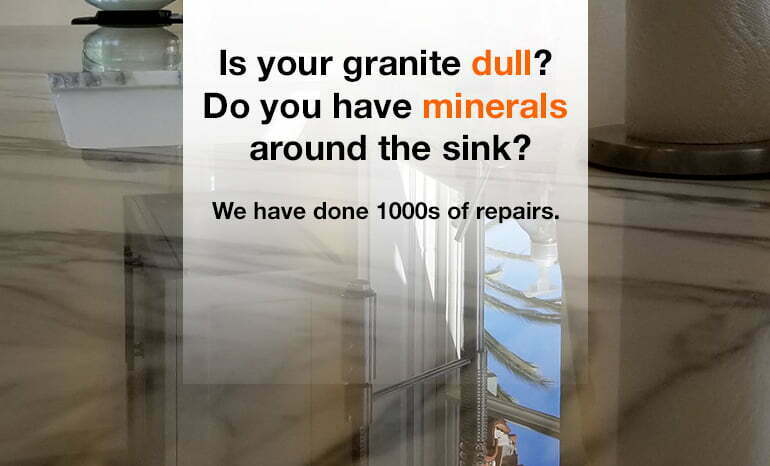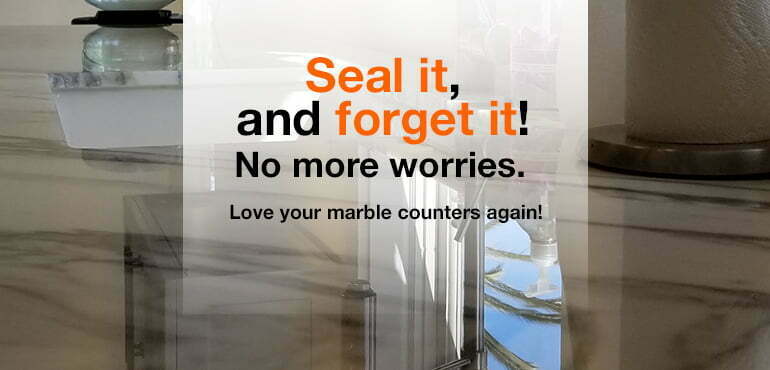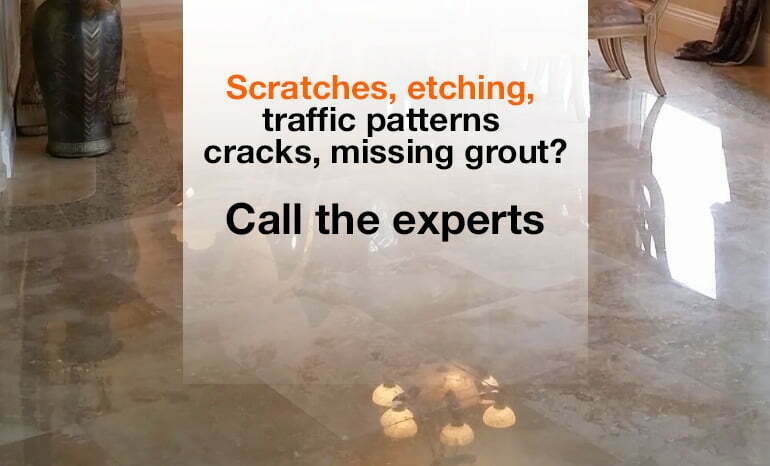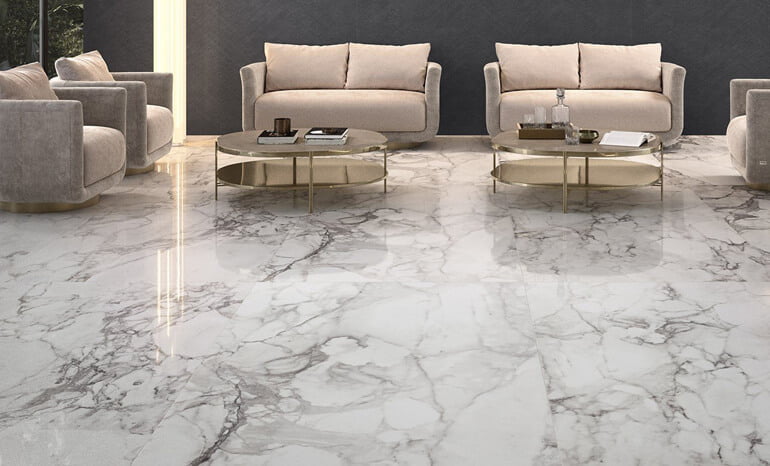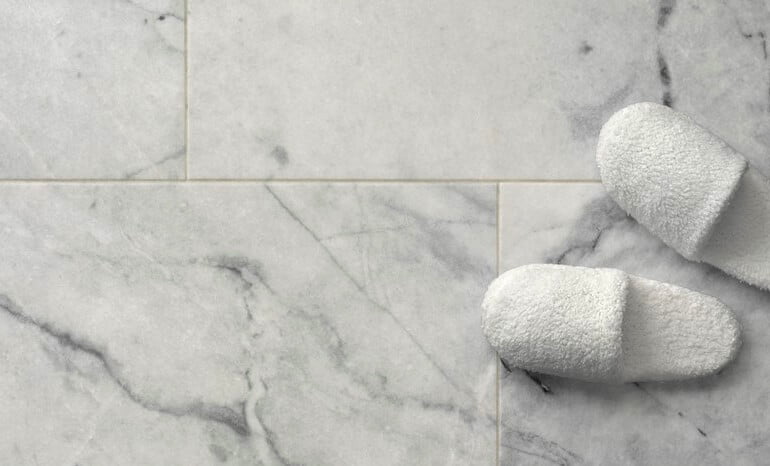For many homeowners looking to either upgrade their forever homes, or invest in lasting beauty with resale value, marble countertops represent the pinnacle of luxury and elegance. However, the question of cost is often a barrier to researching any further. Here, we’ll walk you through what you can expect to pay for marble countertops, uncover hidden costs, and explore ways to save without compromising on quality.
Average Price Range for Marble Countertops
When you’re thinking about adding marble countertops to your home, it’s pretty important to know how much they might cost. The price can change a lot depending on a few things like how good the marble is, where it comes from, and how thick it is. On average, you could end up spending about $40 to $100 for every square foot of marble. But if you’re looking at the really fancy stuff, it could cost more than $100 per square foot.
Why does the price change so much? Well, some marble comes from places far away and is really rare, which can make it more expensive. The color and the way the marble looks — like its patterns and veins — can also affect the price. Plus, if you want thicker marble, which can last longer and look nicer, you’ll probably have to pay a bit more.
So, when you’re planning your budget for new countertops, it’s a good idea to think about these things. Knowing about how much you can spend and what kind of marble you like can help you make the best choice for your home.
Saving Money on Marble Countertops: Tips and Tricks
Wanting marble countertops in your home but worried about the cost? Don’t worry! There are smart ways to save money while still getting that beautiful marble look you’re dreaming of.
First up, think about using remnants. These are pieces left over from bigger projects, and they’re usually sold for a lot less. Even though they’re leftovers, they’re still the same high-quality marble. This is especially great for smaller areas, like a bathroom vanity, where you don’t need a large piece.
Next, make sure to shop around and compare prices from different suppliers. The cost of marble can change a lot depending on where you buy it. By getting quotes from a few places, you can find the best deal. Sometimes, suppliers have sales or discounts, so keep an eye out for those too.
Lastly, you can save some cash by doing part of the work yourself. If you’re handy, you might be able to handle parts of the installation, like tearing out the old countertops. Just be careful, as marble can be tricky to work with. But even small DIY tasks can cut down on how much you have to pay for labor.
By following these tips, you can make having marble countertops more affordable. It’s all about being clever with how you shop and finding ways to do some of the work yourself. This way, you can enjoy the luxury of marble without spending a fortune.
Factors Affecting the Cost of Marble Countertops
When you’re picking out marble countertops, the price can change a lot based on a few different things. First off, the type of marble you choose makes a big difference. Some kinds of marble are pretty rare, and because they’re not easy to find, they can cost more. If you fall in love with a rare marble, be ready for it to bump up the price.
Then, there’s the thickness of the marble. Thicker slabs are usually pricier than thinner ones. But there’s a good reason for this: thicker marble is stronger and might last longer, so you’re paying for that extra durability.
The finish on the marble can also affect the cost. Marble can be polished, which makes it really shiny, or honed, which gives it a matte finish. Polished marble often costs a bit more because of the extra work it takes to get that glossy look. But some people prefer the softer look of honed marble, which can be a bit cheaper.
Understanding these factors can help you choose the right marble for your home, matching what you like with what you want to spend. It’s all about finding the balance that works for you.
The Price of Sealing Marble Countertops
Keeping your marble countertops looking great means you have to seal them every so often. Sealing is like putting a protective shield on your countertops that helps stop stains and damage from happening. It’s a super important step because marble can be pretty delicate. Usually, you need to do this sealing thing once a year to keep your countertops safe.
Now, sealing isn’t free. The cost for someone professional to come and do it for you can be somewhere between $100 and $200. The price might change based on how big your countertops are. Bigger countertops mean more area to cover, which can cost a bit more.
Even though it’s an extra cost every year, sealing is worth it because it helps your marble countertops stay looking new and beautiful for a longer time. Plus, it can save you money in the long run by preventing stains or damage that could be really expensive to fix. So, when you’re planning your budget for marble countertops, remember to include the cost of sealing them every year.
Long Term Care: Is Marble More Expensive to Maintain?
Marble is a beautiful choice for countertops, but it does need some special care to keep it looking its best. Over time, taking care of marble can cost a bit of money because it needs to be sealed regularly to protect it from stains and damage. You also have to be careful when cleaning it, using only gentle cleaners, and if you ever spill something, you need to clean it up right away to avoid stains.
All these steps to take care of marble might make it seem like marble is expensive to keep up. And it’s true, there are some costs that come with making sure your marble stays beautiful. But a lot of people think these costs are worth it because marble has so many good things about it. It looks amazing and feels nice too, which can make your home feel extra special.
Even though marble needs a bit more care than some other materials, many homeowners are happy to look after it. They love the way marble adds beauty and value to their homes and think the effort to maintain it is a good trade-off for all the benefits it brings.
Marble Countertops and Home Resale Value
Adding marble countertops to your home can be a smart move if you’re thinking about selling one day. That’s because lots of people love the look and feel of marble, and having it in your home can make it more attractive to buyers when you decide to sell. This means your house could sell for a bit more money thanks to the marble.
However, how much more your home sells for because of the marble countertops can change a lot. It all depends on things like the current trends in home design and what buyers in your area are looking for. But generally, having marble in important spots like the kitchen and bathroom is seen as a big plus. These are areas of the house where people really care about what materials are used, and marble is often at the top of the list because it’s so beautiful and lasts a long time.
So, if you’re updating your kitchen or bathroom and are thinking about what materials to use, consider marble. It’s not just a way to make your home look and feel nicer while you’re living in it; it can also be a good investment for when it’s time to sell.
Preventing Marble Countertops from Etching
Keeping marble countertops looking good means protecting them from etching. Etching happens when something acidic, like lemon juice or vinegar, touches the marble and leaves a dull mark. Here’s how you can guard against it:
- Use Coasters: Always put a coaster under glasses, especially if they have acidic drinks in them.
- Wipe Spills Quickly: If something spills, clean it up fast with water and a little soap.
- Cutting Boards are Key: Never cut directly on marble. Use a cutting board to keep it safe.
- Seal the Marble: Having your marble sealed by a pro can help a lot. It makes the surface less likely to etch, though you’ll still need to be careful with acids.
- AntiEtch® is a premium UV cured coating that can be applied to prevent etches and stains and is guaranteed for 10 years.
By following these steps, you can keep your marble looking shiny and new, free from those pesky etch marks that can dull its sparkle.
Navigating Market Trends: When to Invest in Marble
Figuring out the best time to get marble countertops for your home can be a bit like trying to catch the perfect wave. It really depends on what’s popular right now and what your own plans are. If marble countertops are all the rage and you’re thinking you’ll want to enjoy them for a long time, then it could be the right moment to go for it. Marble has this timeless beauty that doesn’t go out of fashion easily, so even if trends change, you’ll still love your countertops.
On the other hand, if you notice that the popularity of marble is starting to dip, you might be able to snag a great deal. Sometimes, when something isn’t in high demand, the prices go down, which could be a great opportunity for you. Or, if you’re not in a hurry, you could wait a bit to see how things change. Market trends can shift quickly, and what’s not in style today might be tomorrow’s hottest trend.
So, when thinking about adding marble countertops to your home, keep an eye on the trends, but also think about what you really want and need. If marble is something you’ve been dreaming of and you plan to stay in your home for a long time, it might be worth investing in now, regardless of what the current trend is.
Planning & Buyer Information for Success with Marble
Marble countertops offer timeless beauty and durability, but understanding the costs involved is crucial for homeowners considering this investment. By planning for both upfront and long-term expenses, comparing prices, and staying informed about maintenance needs, you can make a decision that adds value and elegance to your home for years to come.
Is marble more expensive than granite?
Yes, marble often costs more than granite. Marble is seen as a premium material because of its unique look and the fact it's less common. Granite is very strong and more widely available, which usually makes it a bit cheaper. However, the exact price can depend on the type and quality of the stone you choose.
How much should I expect to pay for a marble countertop?
The price of a marble countertop can vary a lot, but on average, you might spend between $40 to $100 per square foot. This price includes both the cost of the marble and the charge for installing it. If you choose a very rare kind of marble, it could cost more than $100 per square foot. Remember, the final price will also depend on the size of your countertop and any extra features you want.
Can you put hot pans on marble?
It's not a good idea to put hot pans directly on marble countertops. Marble is beautiful but it's also quite soft and can be damaged by heat. Putting a hot pan on marble could leave a mark or even crack the stone. It's better to use a trivet or hot pad to protect your marble countertop from heat damage.
What are the negatives to marble countertops?
Marble countertops are beautiful but they come with a few downsides. First, marble is softer than some other stones, which means it can scratch and chip more easily. It's also porous, so it can stain if spills aren't cleaned up quickly. Plus, acidic foods and drinks like lemon juice or vinegar can etch the surface, leaving dull spots. Regular maintenance, including sealing, is needed to keep marble looking its best.
What’s a common problem that can occur with installed marble countertops?
A common issue with marble countertops is etching. This happens when acidic substances come into contact with the marble, causing the surface to lose its polish and become dull. Etching can make the countertop look worn and uneven. While you can take steps to avoid etching, like using cutting boards and cleaning up spills right away, it's a risk that comes with choosing marble.
Is marble more expensive than quartz?
Yes, marble can be more expensive than quartz. The cost depends on the type of marble or quartz you choose, but in general, marble tends to be pricier because it's a natural stone with unique veins and patterns. Quartz is engineered from natural quartz mixed with resin, making it less expensive to produce. Plus, quartz is more durable and requires less maintenance than marble, which can make it a more cost-effective option in the long run.
Do marble countertops add value to the home?
Yes, marble countertops can add value to your home. They're seen as a luxury feature because of their beautiful, natural appearance and the elegance they bring to a space. Having marble countertops in your kitchen or bathroom can make your home more attractive to potential buyers if you decide to sell. However, the exact amount of value added can vary depending on the market and the overall condition of your home.
What countertops add the most value?
Countertops made of natural stone, like granite and marble, along with engineered quartz, are among the top choices for adding value to your home. These materials are highly desired for their durability, beauty, and timeless appeal. Quartz, in particular, is known for its low maintenance and wide range of colors, making it a popular choice among homeowners and adding considerable value to properties.
What is the downside of marble countertops?
The main downside of marble countertops is their susceptibility to staining, scratching, and etching. Marble is a porous material, which means it can absorb liquids and stain if spills aren't cleaned up quickly. It's also softer than some other stone options, so it can scratch more easily. Acidic substances like lemon juice or vinegar can cause etching, leaving dull spots on the surface. Regular maintenance, including sealing, is needed to keep marble countertops looking their best. AntiEtch® can help provide long term value to your marble countertop finish.
How often do marble countertops need to be sealed?
Marble countertops need to be sealed pretty often to keep them safe from stains and damage. It's a good idea to seal them at least once a year. But, if you use your countertops a lot, you might need to do it more often, like every six months. Sealing helps to fill the tiny holes in the marble so that spills can't get in and cause stains.
Can marble countertops be repaired if they're chipped or cracked?
Yes, marble countertops can be repaired if they get chipped or cracked. Small chips can often be fixed with a special marble repair kit that fills in the damaged spot. For bigger cracks, you might need to call in a professional who can use a special adhesive to glue the pieces back together and polish the surface so it looks almost like new again. It's important to fix any damage quickly to prevent it from getting worse.
How do you remove stains from marble countertops?
To remove stains from marble countertops, you can make a paste from baking soda and water. Spread this paste over the stain, cover it with plastic wrap, and let it sit for a few hours or overnight. Then, gently wipe it away with a damp cloth. For tougher stains, you might need to use a poultice, which is a special kind of cleaning paste that pulls the stain out of the marble. Always be gentle and avoid using harsh chemicals that can damage the marble's surface.
What cleaning products should be avoided on marble countertops?
When cleaning marble countertops, you should avoid using anything acidic like vinegar, lemon juice, or bleach. These can damage the marble's surface by etching it. Also, stay away from abrasive cleaners or pads that could scratch the marble. Instead, use a soft cloth with mild soap and water for everyday cleaning. This helps keep your marble looking shiny and new without harming it.
Are marble countertops suitable for outdoor kitchens?
Marble countertops can be used in outdoor kitchens, but they require extra care. Marble is sensitive to the elements, like sun and rain, which can cause damage or wear over time. If you choose marble for an outdoor kitchen, it's important to seal it regularly and consider covering the countertops when not in use to protect them from weather and stains. Some people prefer materials more resistant to outdoor conditions, but with the right care, marble can still be a beautiful choice.
What makes marble countertops a popular choice despite their maintenance requirements?
Despite needing more upkeep, marble countertops remain popular for many reasons. First, they're incredibly beautiful, with unique patterns and colors that can't be found in other materials. Marble adds a touch of luxury and elegance to any room. It's also a naturally cool surface, which is great for baking and cooking. Plus, even with the care it requires, many homeowners think the stunning look and feel of marble countertops are worth the extra effort.
How does the thickness of marble countertops affect their price?
The thickness of marble countertops can really change how much they cost. Thicker marble means you're getting more of the stone, so it's usually more expensive. Thicker countertops are also heavier and might need more support, which can add to the cost. But, they're often seen as more luxurious and can be more durable. So, if you're choosing thicker marble, expect to pay a bit more for both the material and possibly the installation.
Can I cut directly on marble countertops?
It's not a good idea to cut directly on marble countertops. Marble is beautiful and strong, but it can scratch pretty easily. Using a knife directly on the surface can leave marks and damage the finish. Plus, acidic foods can etch the marble, leaving dull spots. It's best to use a cutting board to protect your countertops and keep them looking nice for a long time.
What finishes are available for marble countertops?
Marble countertops can come in several finishes, each giving a different look. The most common are polished and honed. Polished marble is very shiny and reflects light, making colors and patterns really stand out. It's also a bit more resistant to stains. Honed marble has a matte finish that's more subtle and hides scratches and marks better, but it might need more sealing to protect against stains. There are other finishes too, like leathered, which gives a textured feel and can hide fingerprints and smudges.
How do different marble countertop finishes affect maintenance?
The finish on your marble countertops can change how you look after them. Polished marble, which is really shiny, is a bit easier to clean and can resist stains well because sealing it makes it less porous. But, it can show scratches and etches more clearly. Honed marble has a matte finish that doesn't show scratches as much, but it might need more sealing to keep it from staining since it's more open to absorbing spills. So, polished marble might need less frequent sealing but more careful handling, while honed marble needs more protection against stains but is more forgiving with daily wear and tear.
Are there eco-friendly options for sealing marble countertops?
Yes, there are eco-friendly options for sealing marble countertops. These sealers are made with less harmful chemicals and are safer for both the environment and your home's indoor air quality. They still protect your marble from staining and etching but without the strong fumes or toxic substances found in some traditional sealers. When shopping for an eco-friendly sealer, look for products labeled as low-VOC (volatile organic compounds) or non-toxic, which means they have fewer harmful chemicals.
What impact do marble countertops have on indoor air quality?
Marble countertops themselves don't usually affect indoor air quality because marble is a natural, non-toxic material. However, the products used to install, seal, and maintain them can have an impact. For example, some sealers and cleaners might release harmful chemicals into the air. Choosing low-VOC or eco-friendly products for sealing and cleaning your marble can help reduce any negative effects on your home's air quality, making your kitchen a safer and healthier place.
Can the color or pattern of marble vary from one slab to another?
Yes, the color and pattern of marble can definitely vary from one slab to another. Since marble is a natural stone, each piece is unique. This means the veins, colors, and patterns you see in one slab might not be exactly the same in another. That’s part of what makes marble so special – no two pieces are identical. When you're choosing marble for countertops, it's a good idea to look at the actual slabs that will be used to make sure you like the specific patterns and colors.
How does sunlight affect marble countertops?
Sunlight can affect marble countertops over time, especially if they're constantly exposed to direct sunlight. Prolonged exposure can cause the colors in the marble to fade a bit, making them look less vibrant. This is something to consider if your countertops are near large windows where they get a lot of sun. Using window treatments or UV protective film can help protect your marble countertops from the fading effects of sunlight.
Is there a warranty on marble countertops?
Whether marble countertops come with a warranty can depend on the supplier or installer. Some may offer warranties that cover certain issues like installation defects or problems with the stone itself, while others might not. It's important to ask about warranties before you buy marble countertops. A warranty can provide peace of mind by ensuring you're protected against certain problems that might arise after the countertops are installed.
How do I choose the right marble color for my kitchen or bathroom?
Choosing the right marble color for your kitchen or bathroom is about matching your personal style and the room's overall look. Think about the colors you already have in the room, like cabinets and walls. Light-colored marble can make small spaces feel bigger, while dark marble adds a touch of luxury. If you want something that stands out, look for marble with bold veins or unique patterns. Remember, no two marble slabs are the same, so it's a good idea to see the actual piece of marble before deciding.
What are the best practices for extending the life of marble countertops?
To keep your marble countertops looking great for years, follow these tips: 1. Seal them regularly to protect against stains. 2. Clean up spills quickly, especially acidic substances like lemon juice that can etch the surface. 3. Use a cutting board instead of cutting directly on the marble. 4. Clean them with mild soap and water, avoiding harsh chemicals. 5. Use coasters under glasses to prevent rings. Following these simple steps can help your marble countertops stay beautiful for longer.
How does marble compare to other natural stones in terms of durability?
Marble is a bit softer and more porous compared to other natural stones like granite and quartzite, which means it can scratch and stain more easily. However, with proper care and maintenance, marble can last a long time and keep its stunning appearance. It's important to seal marble regularly to protect it from stains and etching. While marble might require a bit more upkeep, many people choose it for its unique beauty and elegance that other stones can't match.
What should be considered when using marble for bathroom countertops?
When choosing marble for bathroom countertops, think about how much care you're willing to put into them. Marble is beautiful but can get stained by things like soap and makeup. It also can scratch easier than some other materials. You'll need to seal it regularly to help protect it. Plus, consider the look you want. Marble comes in many colors and patterns, so you can find something that fits your bathroom's style perfectly. Just remember, marble needs a bit of extra care to keep it looking good.
Are there specific types of marble that are more resistant to etching or staining?
Yes, some types of marble are a bit tougher when it comes to resisting etches and stains. Generally, darker marbles, like those with deep colors, can hide stains and etches better than lighter ones. Also, marble with a honed (matte) finish might not show marks as much as polished marble. However, all marble types will benefit from being sealed to help protect them from damage. Sealing makes them easier to clean and helps keep them looking new.
How can I budget for marble countertops if I have a tight renovation budget?
If you're renovating on a tight budget but dream of marble countertops, here are a few tips to help: 1. Look for remnants: Smaller pieces left over from other jobs can be cheaper. 2. Choose a less expensive marble: Some varieties are more affordable than others. 3. Do some work yourself: You might save by doing part of the installation or demolition. 4. Get quotes from different suppliers to find the best price. 5. Consider just adding marble to a small area, like an island, instead of all your countertops. With some smart shopping and maybe a bit of DIY, you can have beautiful marble countertops without breaking the bank.
